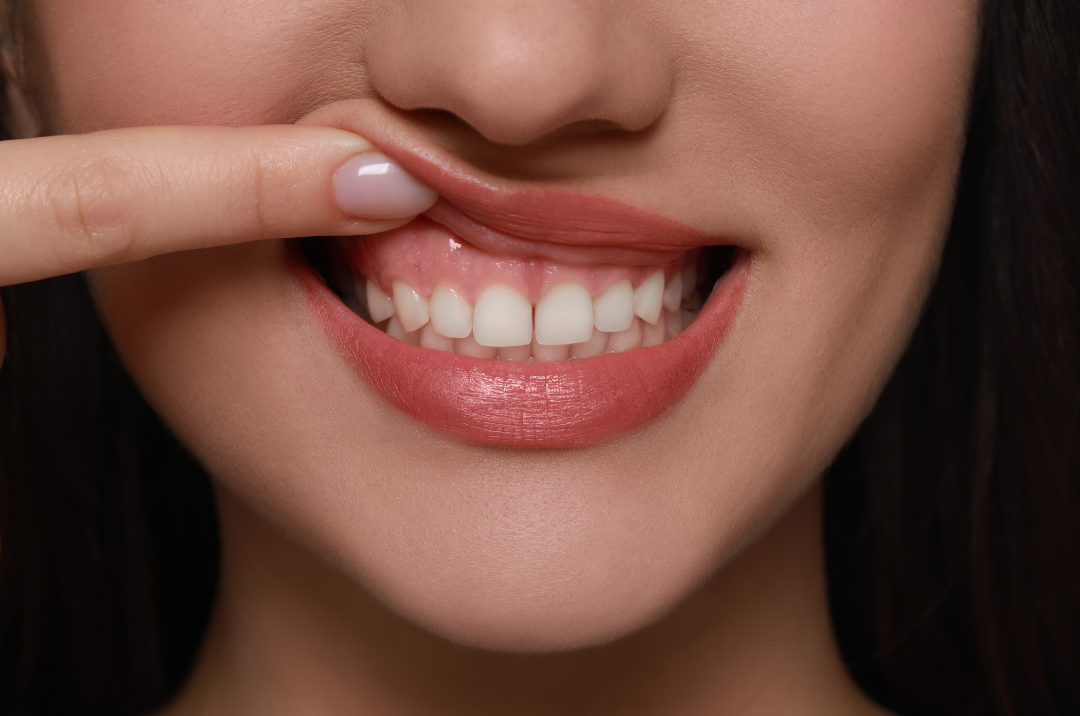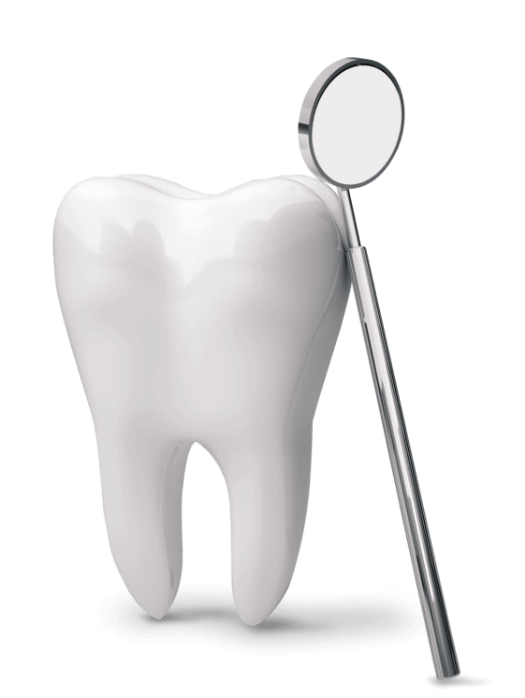
“When I wake up, I have a headache and a really sore jaw (I’m a bit stressed). I’ve heard of TMJ. Could I have this and what should I do?”
Question from Janelle of Everton Park in Brisbane

Dr Darryl Marsh discusses 5 simple steps to help relieve your really sore jaw.
If you think you may be suffering from TMJ problems – properly called TMD or temporomandibular joint disorder – here are some simple lifestyle changes to manage it and find help.
1. Stick to soft food
Try not to chew food that’s really hard or takes a long time to eat, like peanut brittle. Restrict the pressure you put on your mouth and avoid opening excessively wide, doing anything that takes a lot of force or will strain your jaw muscles.
2. Get relief for a really sore jaw with a heat pack
Put a wheat bag on your cheek to relax the muscles – heat can really help. You may need to treat both sides of your face, as often there’s no relationship between where you feel the pain and where the problem originates. You could be feeling pain on the right side, however the problem could actually be in your left jaw joint.
3. Tell your dentist about it
The fact is that, as a dentist, we can only detect a TMJ issue after the damage is done, because we can only see wear on the teeth. We can’t see the muscle pain or jaw joint problems. So when you’re at your next dental appointment, mention that you have a really sore jaw, even if you think it may not be important. Symptoms like jaw clicking or locking can be intermittent – your jaw may not click or lock when you’re here with us, but we need to know these things.
4. Have the issue assessed thoroughly
Your first stop is your dentist, who can help diagnose TMD. You may need to see a specialist physiotherapist or sleep physician depending on what’s going on and how severe it is, because usually by the time people have pain or symptoms like a really sore jaw, it’s quite a way down the track and the road back can be longer.
5. Combine dental with physio
To address TMD properly requires a partnership between dental and physiotherapy. Usually, it’s not until a physiotherapist has been able to do some work to free up the jaw joints and help mobilise the muscles again that we can do any restorative dental work that may be required.

Call Today’s Dentistry on 07 3263 2677 or book an appointment online.



almost luxurious experience.
I highly recommend this dentist, especially if you suffer with anxiety or a fear of dentistry."

Your first visit at Today’s Dentistry is all about creating a Dental Roadmap so you know exactly what condition your teeth and gums are in, and what your options are for treatment.
Your first appointment includes: